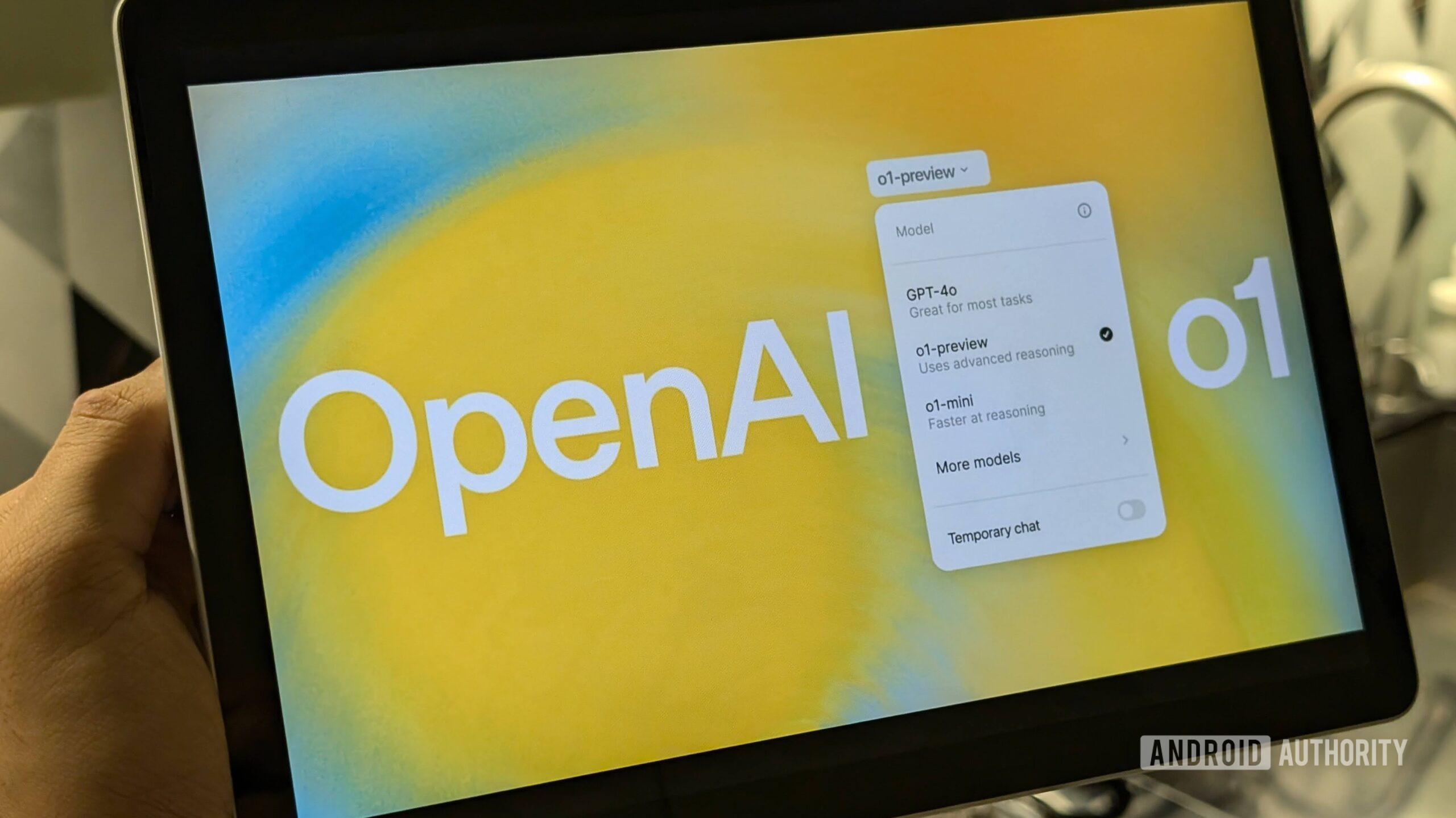
Calvin Wankhede / Android Authority
TL;DR
- ChatGPT has crossed 400 million weekly users, marking a 33% increase in just three months despite rising AI competition.
- More people are adopting ChatGPT through word of mouth, with personal use driving its continued growth.
- OpenAI’s enterprise business is also expanding, now with 2 million paying users as companies integrate AI into their workflows.
The AI chatbot battle continues to reshape the tech landscape, but OpenAI — the company behind ChatGPT — remains at the forefront of the industry. Despite increasing competition from both established tech giants and emerging players, OpenAI has reported a significant rise in users, crossing 400 million weekly active users as of February, up from 300 million in December. (h/t: MSN)
OpenAI’s Chief Operating Officer, Brad Lightcap, shared the milestone in an interview with CNBC, highlighting the “natural progression” of ChatGPT as it becomes more ingrained in people’s daily lives. “People hear about it through word of mouth. They see the utility of it. They see their friends using it,” Lightcap said. He emphasized that as users discover personalized use cases, the tool’s value becomes increasingly apparent.
Beyond consumer adoption, OpenAI’s enterprise business is also expanding rapidly. The company now has two million paying enterprise users, doubling from September, as employees increasingly recommend ChatGPT for workplace use.
Companies like Uber, Morgan Stanley, Moderna, and T-Mobile have integrated OpenAI’s technology into their operations, contributing to growing developer traffic. According to Lightcap, developer usage has doubled in the past six months, with OpenAI’s “reasoning” model o3 seeing a fivefold increase in activity. Lightcap compared the adoption of AI to the rise of cloud services, predicting that AI will soon become an indispensable backbone for businesses.
AI’s competitive landscape
OpenAI’s milestone comes at a time when competition in the AI space is heating up. One of the newest challengers, DeepSeek, gained attention in January, causing ripples in the tech market. OpenAI accused DeepSeek of engaging in an AI training technique known as “distillation,” which allegedly involves using OpenAI’s models in ways that may not be entirely above board.
However, Lightcap suggested that DeepSeek’s rise is more of a testament to AI’s increasing relevance in mainstream society. “DeepSeek is a testament to how much AI has entered the public consciousness — it would have been unfathomable two years ago,” he said.
While OpenAI celebrates its user growth, it continues to face hurdles. Billionaire Elon Musk, a co-founder of OpenAI, recently sued the company for breach of contract, citing concerns over its transition to a for-profit model. Musk, along with a group of investors, attempted to buy OpenAI’s nonprofit assets for $97.4 billion, but OpenAI rejected the offer, with Chairman Bret Taylor making it clear: “The company is not for sale.”
Meanwhile, major investments continue to flow in. Microsoft has already invested billions into OpenAI, and reports suggest SoftBank is nearing a $40 billion deal that could value the company at $300 billion. At the same time, OpenAI has been embroiled in multiple copyright lawsuits, including one from The New York Times, which alleges the company used its content without permission to train its AI models.
Despite competition, controversy, and legal disputes, OpenAI’s rapid growth underscores the increasing demand for AI-driven tools. Whether through consumer applications, enterprise adoption, or integration into other platforms, AI is becoming an unavoidable force in technology. While the battle for AI supremacy is far from settled, OpenAI’s continued expansion suggests that, at least for now, ChatGPT remains a dominant player in the field.











